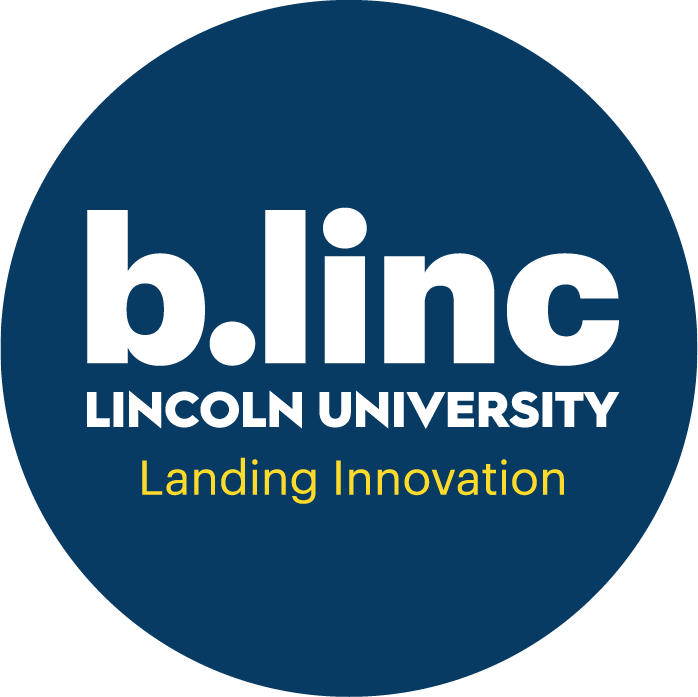What does regenerative mean when it comes to meat and why should you care about it as a consumer? In general, regenerative meat describes meat products which are sourced from farmers practising regenerative agriculture. This practice aims to reverse the effects of climate change by rebuilding organic matter in soil and restoring degraded soil biodiversity. With different grocery stores, farmers, food manufacturers, and non-profits in the food sustainability space qualifying what makes regenerative meat different and how do consumers know what they’re really getting?
Across the board, it's agreed that regenerative meat must be organic and grass-fed. But, meat being organic and grass-fed alone doesn't automatically make meat regenerative. So what do farmers need to do to be able to market their product in this way? Considerations for soil health, animal welfare, and social fairness are the main criteria – does this really mean ‘regenerative agriculture’ or is it focusing on leaving the soil and water better then when we started, making wholesome, accessible food and growing communities that are strong, diverse and resilient
Join us as we tackle what regenerative meat really means and how this producer-led movement could mean that Farmers, animals, consumers, and the environment alike all benefit from farming practices.
Timings:
9.00am : Welcome & introduction from B.linc
9.10am : Keynote address 1 – AgResearch – David Stevens
Share your definition of what constitutes ‘Regenerative meat’ What innovative technologies are being used around the world and what is coming soon for NZ that can provide further opportunities for our food producers? How can the methods assist farmers and how could it be further used in the future to add more value for our food producers. Where do you see the future of regenerative farming going?
9.25am : Keynote address 2 – Silver Fern Farms – Simon Limmer
Share your view on the changing consumption habits of consumers based in Aotearoa New Zealand. What major shifts have you seen in consumers meat consumption over the past few years? Is there anything that has surprised you? What products have you found significant range growth in to meet varied consumer needs? What are the opportunities for farmers and producers to better meet the needs of local consumers?
9:40am : Keynote address 3 – Farmer, Hamish Bielski
How have you found farming practices encouraging buyer behaviour and how can you connect your story to consumers to protect your social license to operate? How can we collaborate and use innovative practices in order to optimise our land use as well as improving perceived and actual value of the products we create? What effect have changing consumer demands had on the way your farm operates
9.55am : Panel discussion/Interactive Q&A session with audience
10.30am : Event finishes
Our speakers
David Stevens, AgResearch
David Stevens has a PhD from North Carolina State University and is a farm systems scientist with AgResearch. having nearly 40 years’ experience in farmer application and uptake of pasture and forage plants for animal production. Currently he works in Farm Systems research with AgResearch at the Invermay campus. David is the author of over 150 papers and publications documenting new science, science application and farmer uptake, covering all our farmed ruminants and most of our forage species. He has been involved with many Sustainable Farming Fund projects, including Focus on Deer, Lamb Alive, Lucerne for Lambs, No more Bearings, Nitrogen on Tussocks and Legumes for Low Fertility Hill Country. He has served the New Zealand Grassland Association as President and helped organise numerous conferences and symposia. He is a recipient of the New Zealand Grassland Association Technology Transfer in Pastoral Farming award (2004), the Sir Arthur Ward Award for technology transfer (2007), the New Zealand Grassland Trust Regional contribution award (2012), the AgResearch Impact prize for dairy sheep research (2019) and a finalist in the Beef + Lamb NZ Significant Sector Contribution Award (2022).
Simon Limmer, Chief Executive Silver Fern Farms Ltd
Simon was appointed Chief Executive of Silver Fern Farms in March 2018. He is responsible for leading the company, the delivery of strategy and financial performance, and engaging with customers, staff, farmer suppliers, and shareholders.
Silver Fern Farms is well-positioned to champion New Zealand’s natural grass-fed red meat at a time when there is a consumer trend to natural whole foods. Silver Fern Farms has an exceptional brand, is well capitalised, and has a talented and passionate group of people, working hard to execute our strategy.
Formerly with Zespri, Simon held a range of general management positions during his 10 years within the organisation, including: Chief Operating Officer, GM China and GM Global Supply. Prior to Zespri he worked for French multi-national Veolia for 16 years, which operates globally in the fields of waste, water and energy services.
Simon comes with deep commercial experience in the food, manufacturing and service sectors both here in New Zealand and in several of the key international markets in which we operate.
Hamish Bielski, Farmer
Hamish, Amy and their three children farm in a joint venture on 300ha in South Otago, between Balclutha and Clinton. It is their eighth year into the venture. The land consists of gentle rolling to steeper gullies that bound the Pomahaka river. They have run an integrated sheep, beef and forestry operation for the initial years but are heading down the path of using regenerative farming principles and have decided to run 2500 breeding sheep, 200 trading cattle and no more cropping. Using well - planned higher- density mob grazing has allowed the increase in pasture grown, along with stocking rate and profits to increase. Following the grass curve, growing lambs fast and low cost is our strategy to enable the ecosystem and business to thrive for generations. Our vision is "too reach potential" and our mission is too maximise solar energy through photosynthesis and turning the free energy into nutritious food while improving our land, water, people and profit.
Click here to see more events



